Optimizing agricultural production
Recently, Nguyen Thi Kim Anh, a third-year student majoring in Natural Resources and Environment Management at Tra Vinh University, shared with more than 40 lecturers and students at Saxion University of Applied Sciences (Netherlands) about the wastewater treatment technology she is researching.
Kim Anh's research is based on the wetland model system in the treatment of various types of wastewater being studied at Tra Vinh University. This model focuses on the ability to utilize water resources, optimize agricultural production in the context of climate change and protect the environment. Especially in terms of practical application. Kim Anh's solution attracts the attention of Dutch lecturers and students, demonstrating the applicability of this model in Vietnam and European countries.
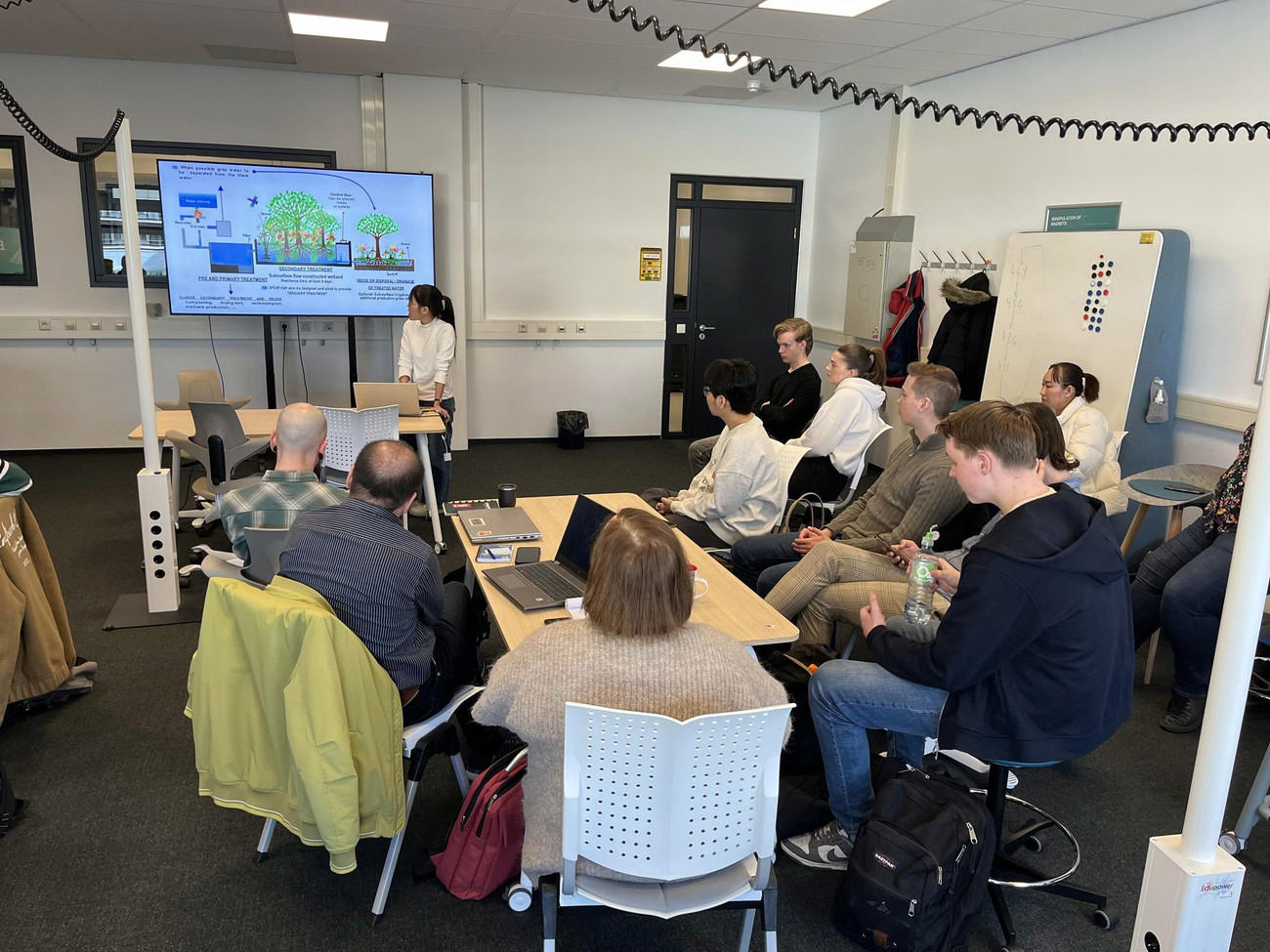
According to Kim Anh, the constructed wetlands model is considered an environmentally friendly solution in treating many different types of wastewater. This model does not use artificial filtration systems or industrial products, but only relies on the natural mechanisms of microorganisms, plant roots, and layers of soil and gravel - similar to wetlands, helping to effectively remove organic pollutants.
Domestic wastewater or wastewater is directed through a multi-layered system of sand, gravel, and wetlands planted with aquatic plants. Here, microorganisms and plant roots will treat the pollutants, before the water is used for purposes such as irrigation, landscape improvement, or replenishment of the reuse water storage system. This model can be flexibly applied to many types of wastewater, from domestic, aquaculture, industrial, to surface water - with the design conditions suitable for the characteristics of the water source.
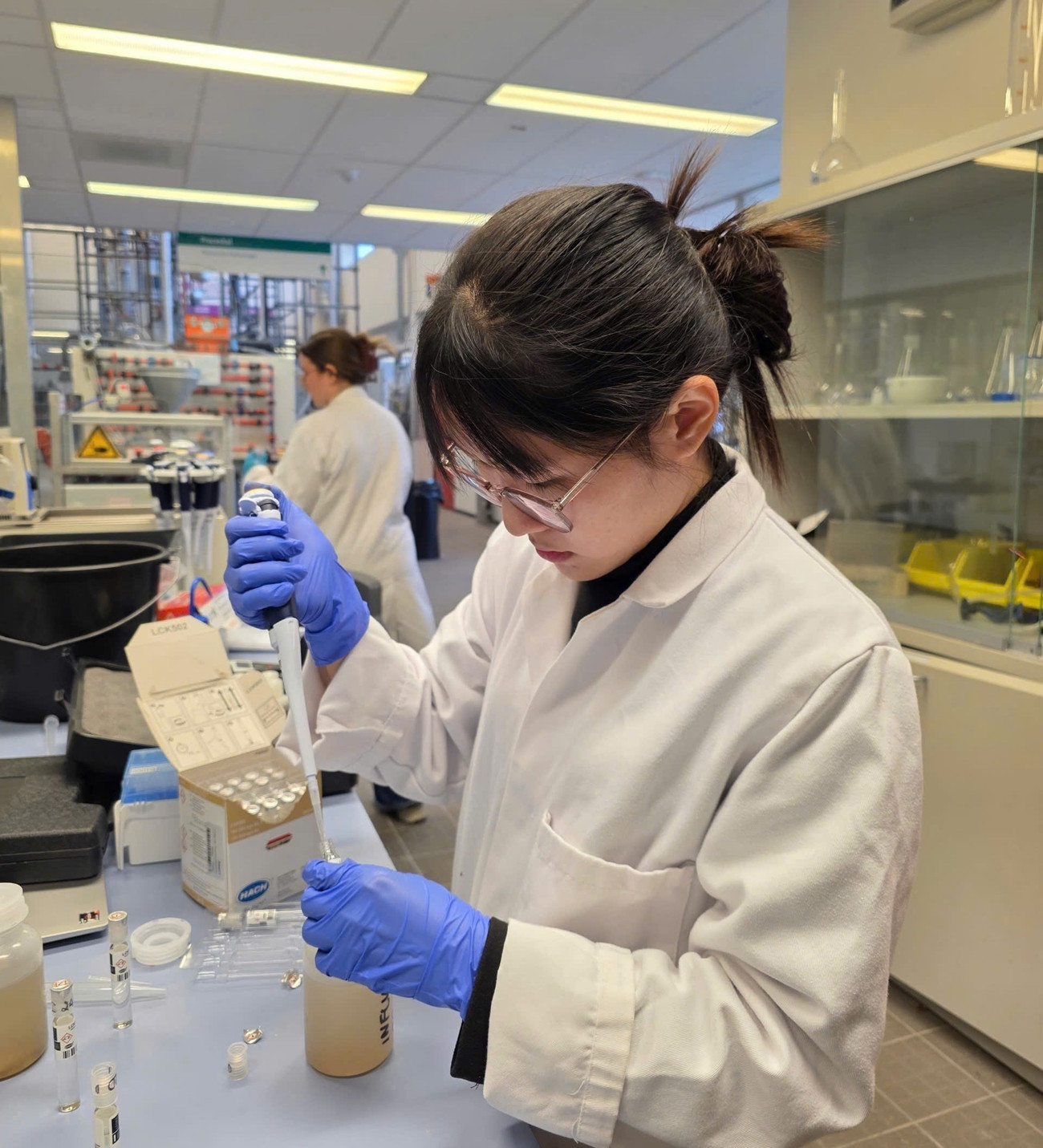
However, it is necessary to design appropriately for each type of wastewater to optimize treatment efficiency. “This system aims to treat wastewater into a standard water source before discharging it into the environment, and can be reused for many different purposes, contributing to improving the landscape and biodiversity. In particular, this system is highly effective in removing organic pollutants, easy to apply and has low investment and operating costs,” Kim Anh shared.
In principle, the wetland system for treating domestic wastewater and reusing it for agriculture from wastewater is led into a holding tank, where part of the solid waste and impurities settle to the bottom. Then, the wastewater is transferred to the wetland system. Here, the water is retained for at least 4 days, allowing microorganisms and plant roots to process harmful pollutants. After the treatment process, the water is used for irrigation in agriculture.
In some systems, when the inlet water quality is too poor, an additional filtration system will be installed after the wetland system to ensure that the outlet water meets the required standards. This system is suitable for rural areas with large areas of land, sun-loving plants, and drought-tolerant plants.
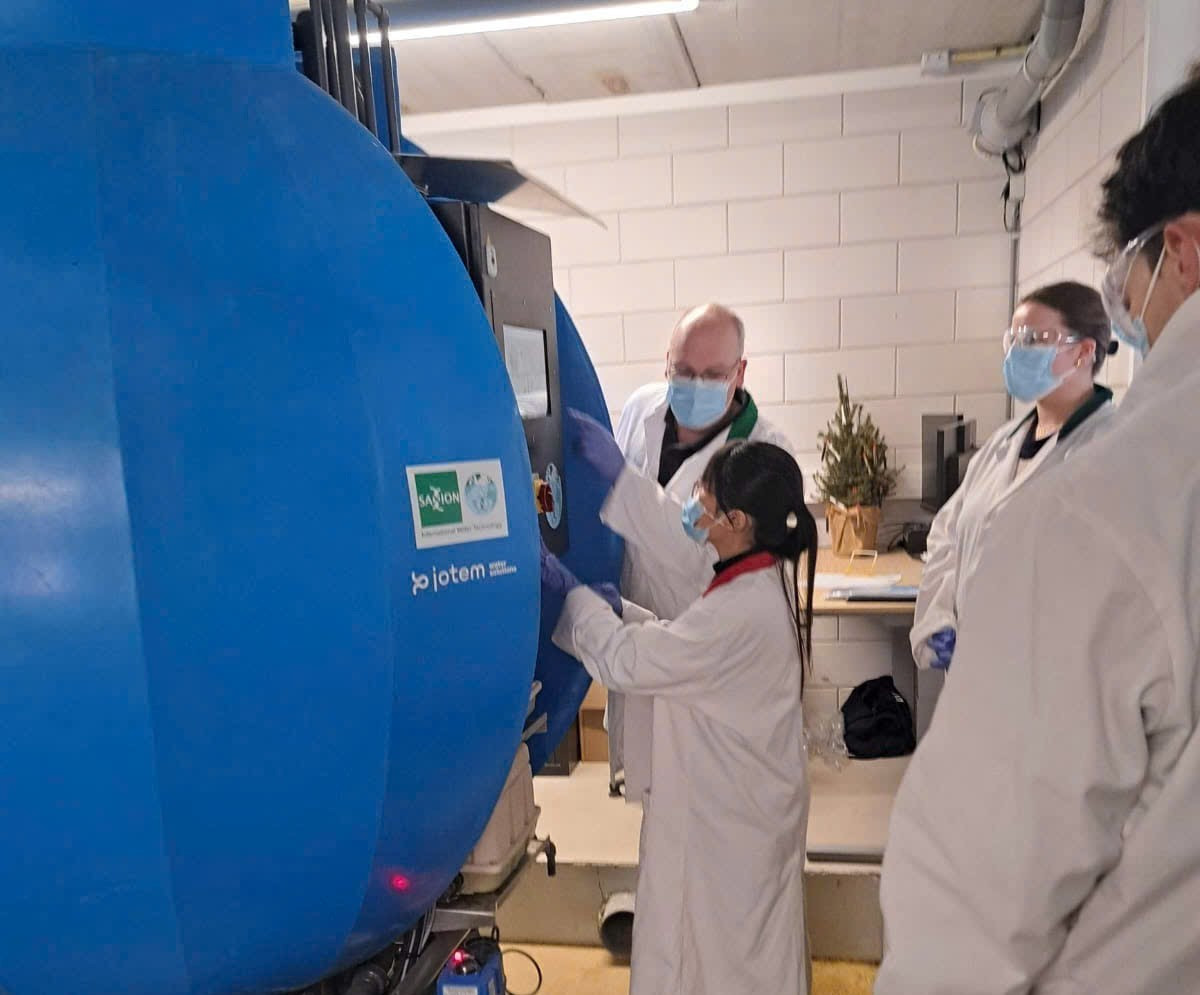
Promote green agriculture
Dr. Tran Thi Ngoc Bich - Deputy Director of the Institute of Environmental Science and Technology (Tra Vinh University) commented that Kim Anh's wastewater treatment system focuses on developing models for treating and reusing water from many different sources, such as domestic wastewater, surface water, rainwater to convert into agricultural irrigation water or drinking water. At the same time, the solution flexibly combines advanced technologies in the world and natural-based solutions such as wetland systems, creating effective, sustainable models suitable for rural conditions.
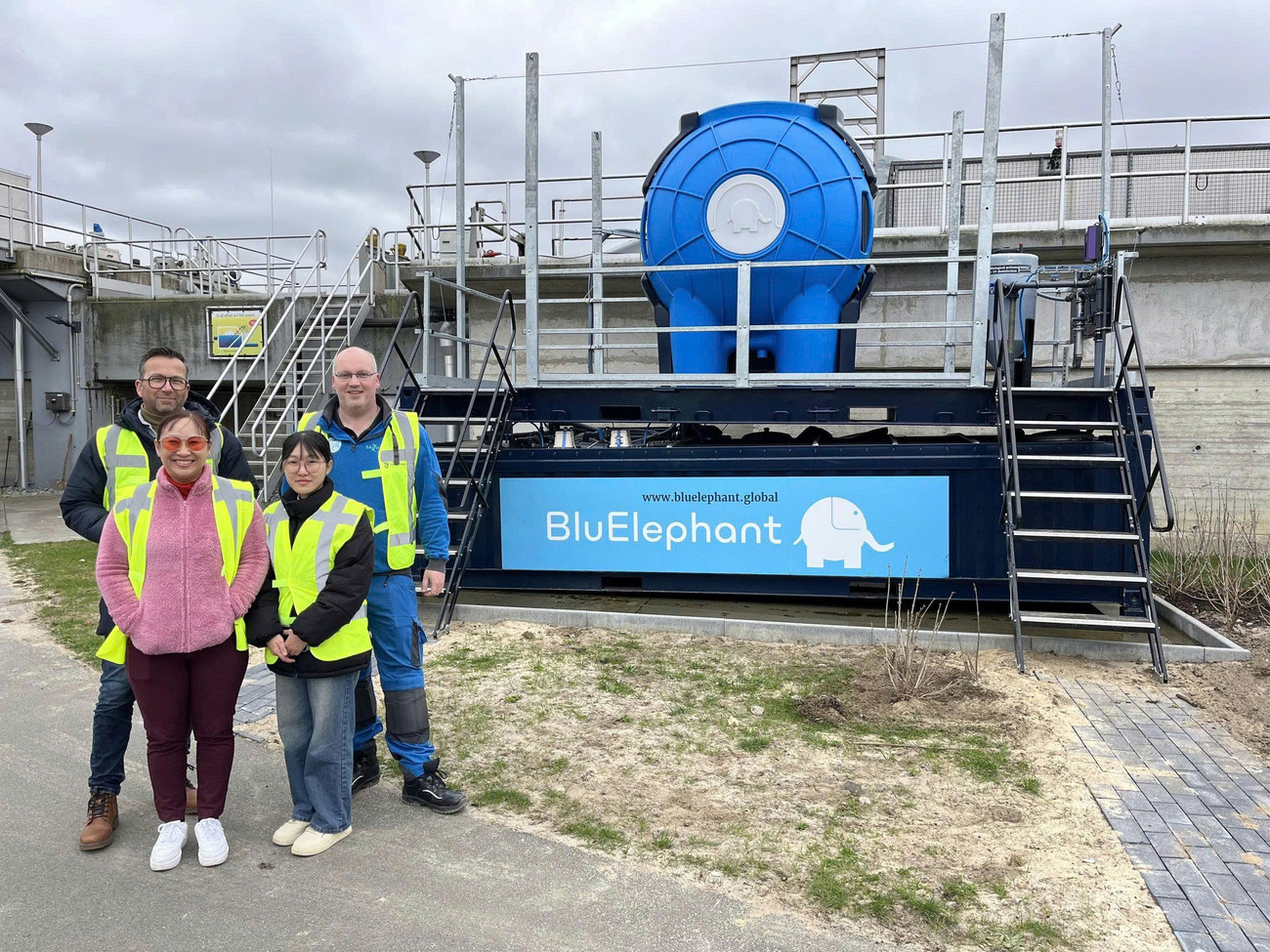
"Kim Anh is pursuing a project that is not only highly practical, but also contributes to strongly inspiring young people in protecting water resources, promoting green agriculture, reducing emissions and moving towards a circular economy," commented Dr. Ngoc Bich.

Duyen Hai Thermal Power Company aims for green production associated with environmental protection

Rural Youth Entrepreneurship 2025: Many projects promote local resources and protect the environment

Vietnam aims to reduce mercury emissions in the air environment
Source: https://tienphong.vn/cong-nghe-xu-ly-nuoc-thai-thuan-thien-cua-sinh-vien-mien-tay-post1761008.tpo




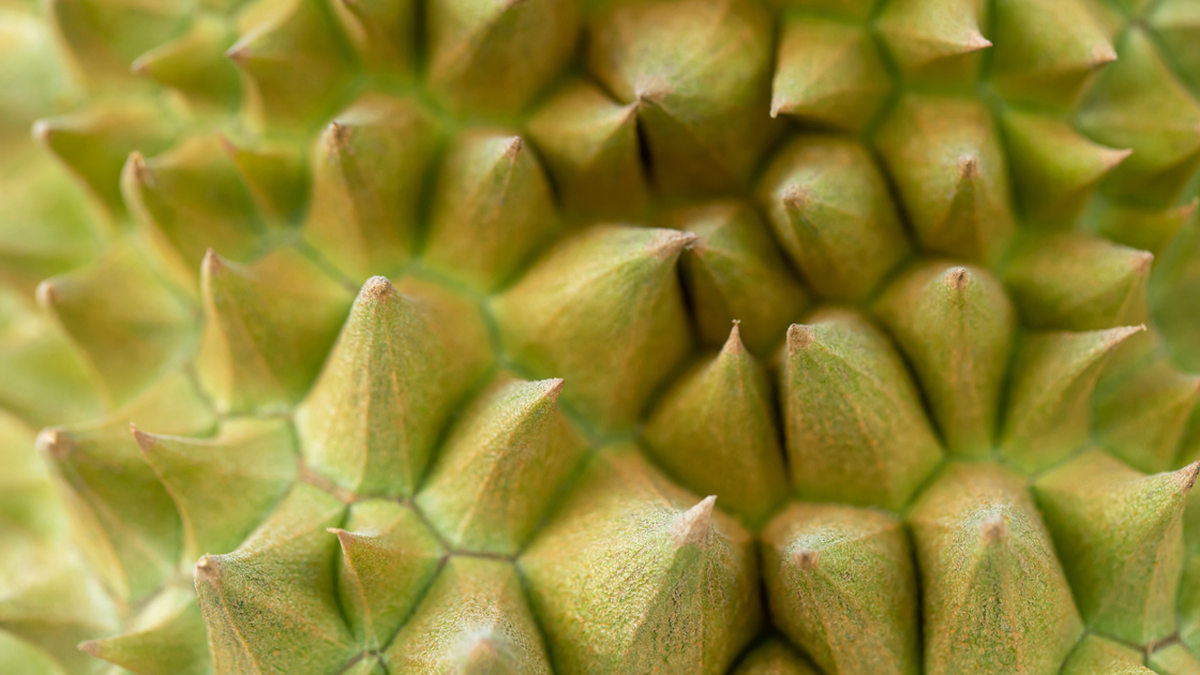


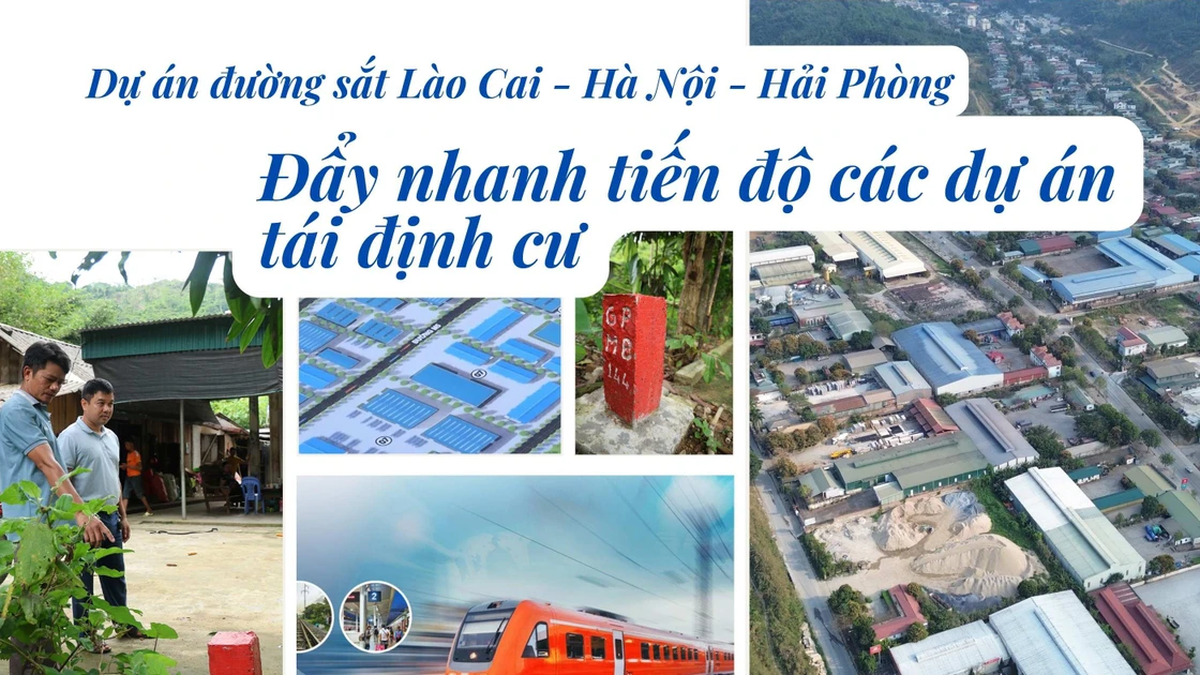


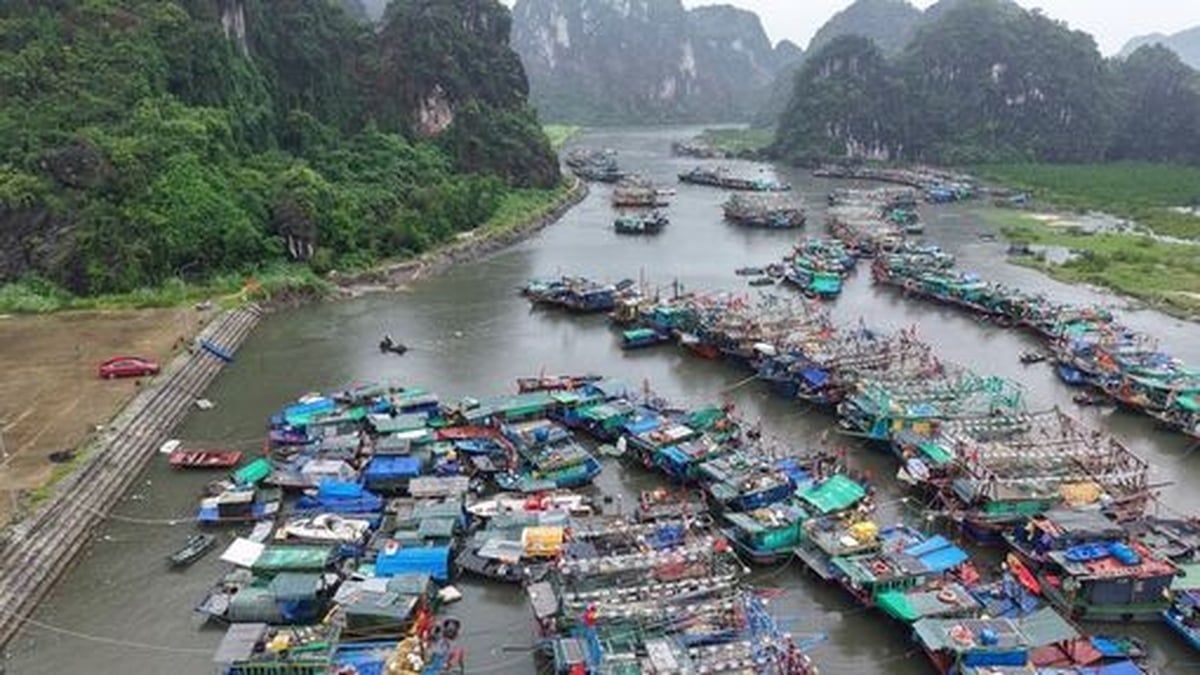











![[Photo] National Assembly Chairman Tran Thanh Man visits Vietnamese Heroic Mother Ta Thi Tran](https://vphoto.vietnam.vn/thumb/1200x675/vietnam/resource/IMAGE/2025/7/20/765c0bd057dd44ad83ab89fe0255b783)























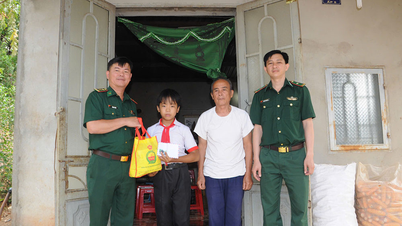


















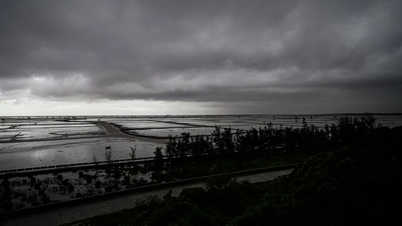

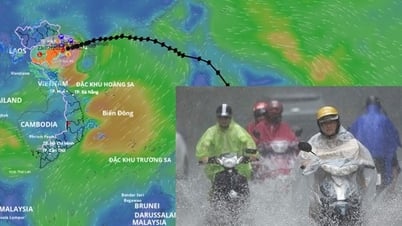

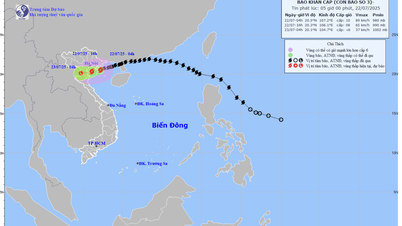



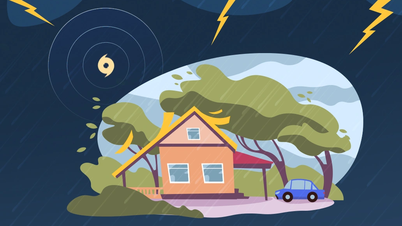



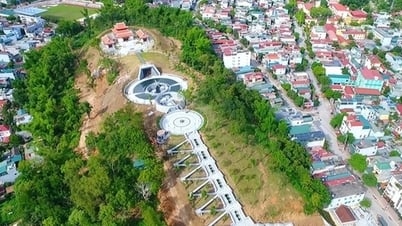



























Comment (0)